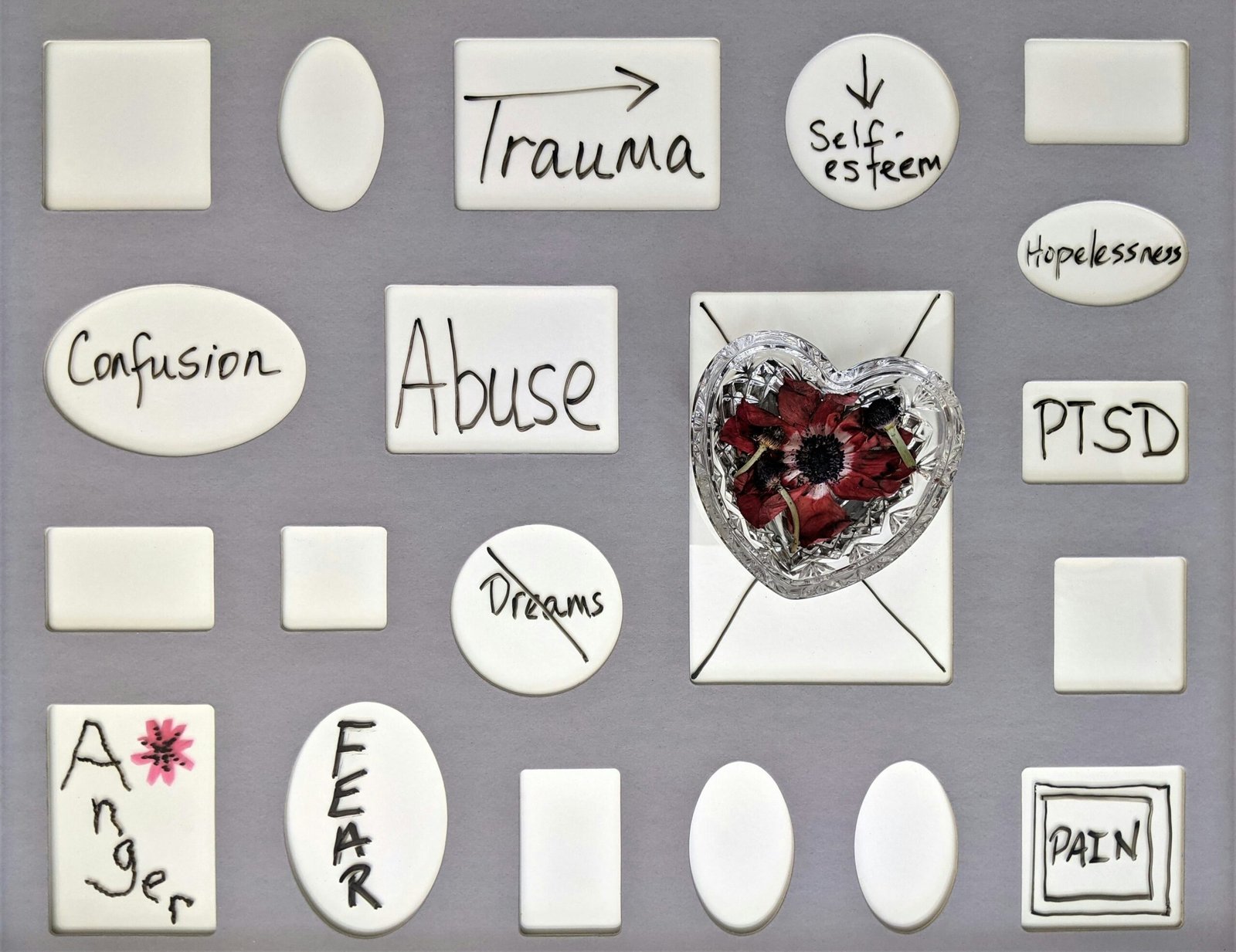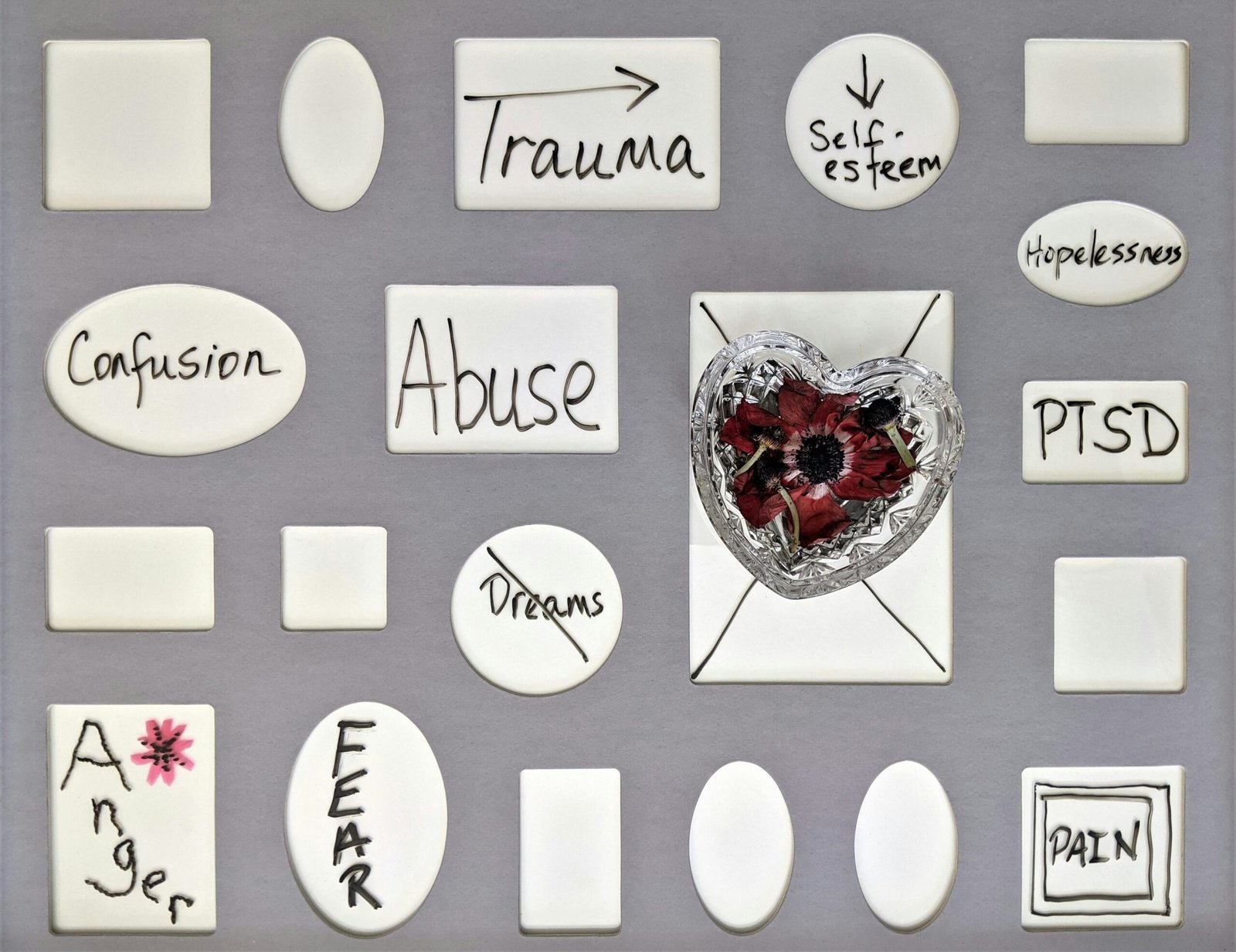How to Navigate Infidelity in Marriage: Top 10 Ways to Heal and Rebuild Trust
Infidelity can be one of the most devastating experiences a couple can face in their marriage. The betrayal, hurt, and loss of trust can leave both partners feeling shattered and unsure of how to move forward. However, with the right approach and commitment from both parties, it is possible to heal and rebuild trust after infidelity.
1. Acknowledge and Communicate
The first step in dealing with infidelity is to acknowledge the situation and open up a line of communication. Both partners need to express their feelings, concerns, and fears in a safe and non-judgmental environment. This honest conversation lays the foundation for healing and understanding.
Example: Sarah and John sat down to have a heart-to-heart conversation about the infidelity. They shared their pain, confusion, and the impact it had on their relationship.
2. Seek Professional Help
Consider seeking the guidance of a professional therapist who specializes in infidelity. They can provide a neutral space for both partners to express themselves and offer valuable insights and strategies for moving forward.
3. Rebuild Trust
Rebuilding trust takes time and consistent effort. The partner who strayed needs to be transparent, accountable, and willing to rebuild trust. The betrayed partner needs to be open to forgiveness and willing to work on rebuilding trust as well.
Example: Mark, the partner who had the affair, started attending counseling sessions with Jane, where he openly shared his actions, answered questions, and committed to being transparent moving forward.
4. Establish Boundaries
Setting clear boundaries is crucial to rebuilding trust. Both partners need to agree on what is acceptable and what is not in their relationship moving forward. This includes boundaries around communication, social interactions, and personal space.
5. Practice Self-Care
Dealing with infidelity can take a toll on both partners’ emotional well-being. It’s essential to prioritize self-care during this challenging time. Engage in activities that bring you joy, seek support from friends and family, and consider individual therapy to process your emotions.
6. Focus on Emotional Intimacy
Rebuilding emotional intimacy is crucial after infidelity. Both partners need to invest time and effort into reconnecting on a deeper level. This can be done through open and honest communication, quality time together, and expressing love and appreciation for one another.
7. Practice Patience
Recovering from infidelity is a long and often difficult journey. It’s important to practice patience and understand that healing takes time. There will be ups and downs along the way, but with commitment and perseverance, it is possible to rebuild a stronger and more resilient relationship.
8. Learn from the Experience
Infidelity can serve as a wake-up call for both partners to evaluate the state of their relationship. Use this experience as an opportunity for growth and self-reflection. Identify areas of improvement and commit to making positive changes moving forward.
9. Foster Forgiveness
Forgiveness is a crucial step in the healing process. It’s important to remember that forgiveness is not about condoning the actions, but rather about letting go of resentment and finding peace within oneself.
10. Rebuilding Together
Ultimately, healing and rebuilding trust after infidelity require the commitment and effort of both partners. It’s a joint journey that involves open communication, empathy, and a shared vision for the future. By working together, couples can emerge from this difficult experience stronger and more connected than ever before.
FAQs
Q: Can a relationship survive infidelity?
A: Yes, many relationships can survive infidelity with commitment and effort from both partners. It requires open communication, therapy, and a willingness to rebuild trust.
Q: How long does it take to recover from infidelity?
A: The healing process varies for each couple, but it can take anywhere from several months to several years. Patience and commitment are key.
Q: Should I confront the person my partner had an affair with?
A: It’s generally recommended to focus on rebuilding trust with your partner rather than confronting the third party. Seeking professional guidance can help navigate these complex emotions.
Q: Is it normal to still feel angry after forgiving infidelity?
A: Yes, it’s normal to experience lingering anger even after forgiving infidelity. Healing is a process, and it takes time to fully let go of negative emotions.
Q: Can infidelity ever strengthen a relationship?
A: While infidelity is undoubtedly painful, some couples emerge from the experience with a stronger, more resilient relationship. It often requires significant effort and commitment from both partners.
Tips:
– Be patient with yourself and your partner throughout the healing process.
– Seek professional help from a therapist specializing in infidelity.
– Prioritize open and honest communication.
– Practice self-care to support your emotional well-being.
– Celebrate small victories and milestones along the way.
Conclusion
Dealing with infidelity in marriage is undoubtedly challenging, but it is possible to heal and rebuild trust. It requires open communication, professional guidance, and a commitment from both partners to work through the pain and rebuild a stronger, more resilient relationship. Remember, healing takes time, but with patience and perseverance, couples can emerge from this experience with a renewed sense of love and trust.
Take the first step towards healing today and begin the journey of rebuilding your relationship.
Call to Action: Share this article with others who may benefit from these strategies for dealing with infidelity in marriage. Together, we can support and empower couples on their journey towards healing and rebuilding trust.









